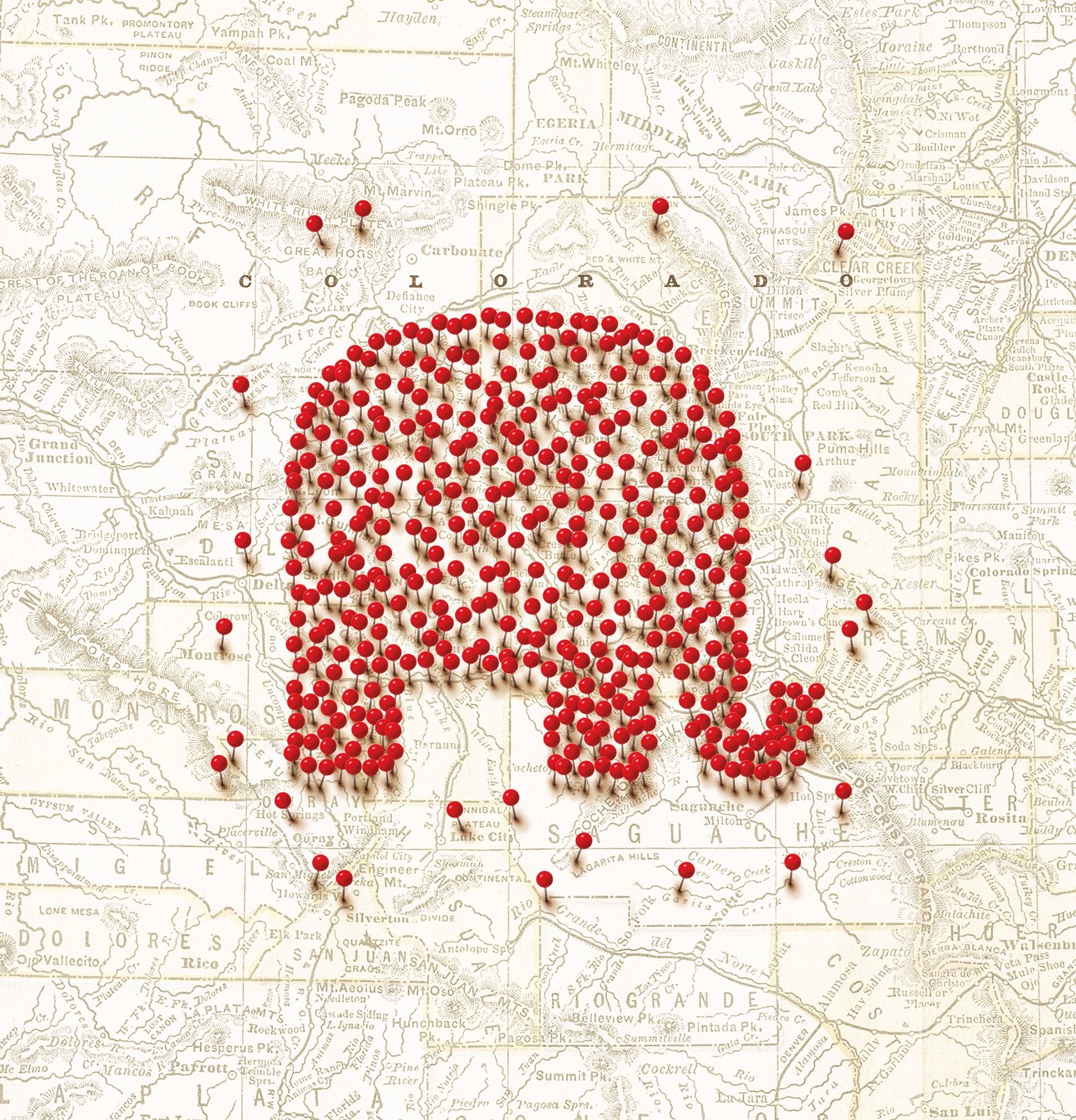In Colorado, the President’s tone has started rubbing off on residents.
By Peter Hessler
The New Yorker, July 24, 2017 Issue
This is a compelling article. Hessler covers Trump supporters in Grand Junction, Colorado.
- Why should you read it?
Because, ‘people have reasons for the things that they believe, and the intensity of their experiences can’t be taken for granted.’
‘“I’ve never been this emotionally invested in a political leader in my life,” he said. “The more they hate him, the more I want him to succeed. Because what they hate about him is what they hate about me.”
- Karen Kulp.
Mid-60s. Nurse, raised radical but rejected parents racism, former pro-choice advocate, Trump supporter and organisaer of the DeploraBall
‘When Karen Kulp was a child, she believed that the United States of America as she knew it was going to end on June 6, 1966. …they thought that an invasion was likely to take place on 6/6/66, because it resembled the number of the Beast. “We thought we were going to have a world war, there would be Communists coming, we’d have to kill somebody for a loaf of bread,” Kulp said recently.’
‘Grand Junction, with its surrounding area, has a population of some hundred and fifty thousand, and it sits in a wide, windswept valley. There are dry mountains and mesas on all sides, and the landscape gives the town a self-contained feel. Even its history revolves around events that were suffered alone. Residents often refer to their own “Black Sunday,” a date that’s meaningless anywhere else: May 2, 1982, when Exxon decided to abandon an enormous oil-shale project, with devastating effects on Grand Junction’s economy.’
‘Grand Junction lost eleven per cent of its workforce between 2009 and 2014, in part because the local energy industry collapsed in the wake of the worldwide drop in gas prices. Average annual family earnings are around ten thousand dollars less than the state figure.’
On the Access Hollywood tape: ‘… most Republicans would find Trump’s comments repugnant, but they would be even more resentful of the coastal media that was pushing the story.’
‘Karen Kulp told me that Trump wasn’t racist; he was simply calling for immigrants to be held accountable to the law. She said she would never support a hateful candidate, because her childhood contact with extremist groups had made her sensitive to such issues.’
“…the campaign was empowering. Like many in Grand Junction, she believed that Trump would kick-start the local energy industry by reducing regulations. She told me that she had never shaken the sense that the country is under threat.
‘…the crowd fell silent while a woman prayed: “Thank you for giving us a President who will, with your help, restore this nation to her former glory, the way you created her.’
‘The issues were here—immigration and energy.’
‘Like many parts of America that strongly supported Trump, Grand Junction is a rural place with problems that have traditionally been associated with urban areas.’ Felony filings up 65%, twice the open homicide cases compared to 2 years ago, epidemic of drug addiction and suicide. Perspective is out of whack: ‘few people seem to realize that the energy industry now represents less than three per cent of local employment. They’ve been slow to embrace other sectors, such as health care and education, which seem to have more potential for future growth.’
‘During the campaign, Trump’s descriptions of inner-city crime and hopelessness often seemed cartoonish to urban residents, but not to rural voters.’
- Matt Patterson
a high-school dropout who, through a series of unlikely events (car crash ending his magician career), acquired a classics degree from Columbia University. Works for non-profit conservative organisations. “.’.now I bust unions for Grover Norquist with a classics degree and as a former magician.”
‘In one history seminar, when students discussed the evils of the Western slave trade, Patterson pointed out that many cultures had practiced slavery, but that nobody decided to eradicate it until individuals in the West took up the cause. The class booed him. In Patterson’s opinion, most people at Columbia believed that only liberal views were legitimate, whereas his experiences in Grand Junction, and his textbook lessons from magic, indicated otherwise.’
‘He believes that unions once served a critical function in American industry, but that the leadership, like that of the Democratic Party, has drifted too far from its base.’
- The changing reaction to Trump
Before Trump took office: ‘Before Trump took office, people I met in Grand Junction emphasized pragmatic reasons for supporting him. The economy was in trouble, and Trump was a businessman who knew how to make rational, profit-oriented decisions.’
In office (spectacle): ‘Trump’s negative qualities, which once had been described as a means to an end, now had value of their own. The point wasn’t necessarily to get things done; it was to retaliate against the media and other enemies. “For those of us who believe that the media has been corrupt for a lot of years, it’s a way of poking at the jellyfish,” Karen Kulp told me in late April. “Just to make them mad.”
‘…people wanted Trump to accomplish certain things with the pragmatism of a businessman, but they also wanted him to make them feel a certain way.’
‘Liberals claimed that Trump would fail because his policies would hurt the people who had voted for him.
But the lack of legislative accomplishment seems only to make supporters take more satisfaction in Trump’s behavior.’
‘In the past eight months, I have never heard anybody express regret for voting for Donald Trump. If anything, investigations into the Trump campaign’s connections with Russia have made supporters only more faithful.’
The details: ‘Smaller places may also be particularly vulnerable to the President’s negative tone, which makes it harder to find practical solutions to local problems.’



